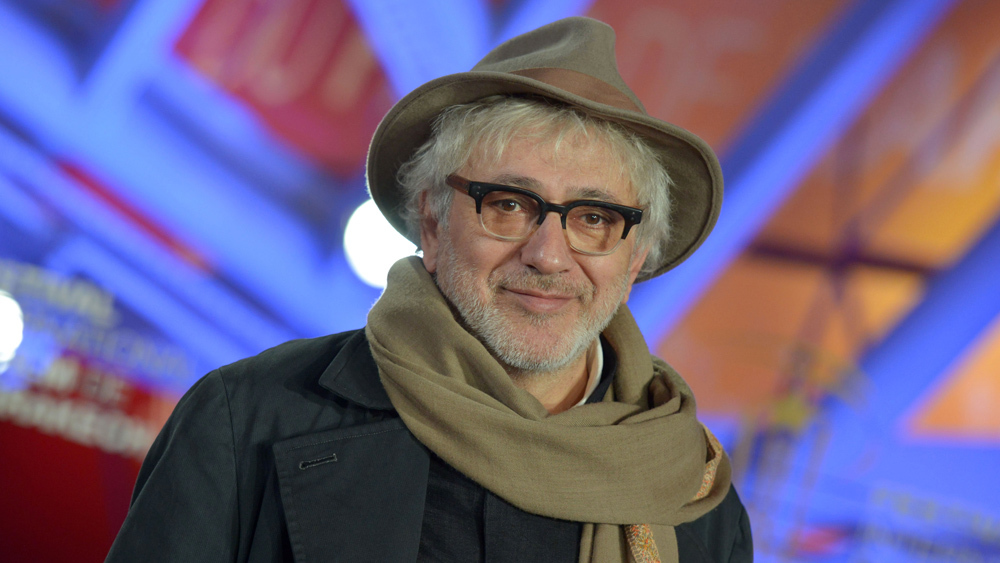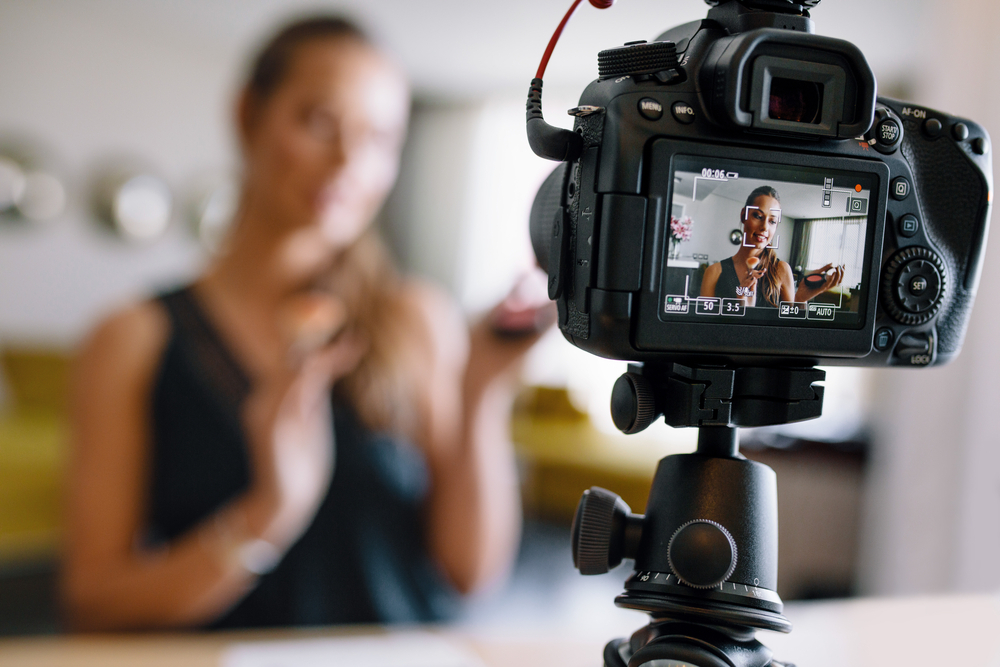THIS WEEKEND, in case you don’t know and haven’t looked at a calendar in a few days, is Memorial Day weekend, aka the Official Start of Summer. That means it’s time for barbecues, sports, road trips, and reading. Yes, reading. Sunshine and exercise are great and all, but one of the joys of the season is that some of those heretofore indoor activities can be taken to the outside world. Novels in nature! Books at the beach! Don’t know what to read? We have some suggestions, friends. From personal essays to virtual reality trips, here’s everything you should peruse this summer.
No Time to Spare, Ursula K. Le Guin
Do you want to start a blog? Ursula Le Guin did, at 81. (Her inspiration was Portuguese Nobel laureate José Saramago, who started his at 85.) Le Guin—famed fantasist-poet and anti-capitalist icon—kept at it until her death seven years later, not long after many of the best posts were collected for this book. There’s nothing bittersweet about reading them.
The pages pop with life, even as Le Guin, ever sassy, reckons with the toils of aging. She finds herself busier than ever, cramming in as much as she can. The best bits are the interludes for Pard, her new black-and-white cat. Young when she’s old, spry when she’s stiff, he exists in twinkling counterpoise—especially when he’s time-traveling through her whirring external hard drive to, Le Guin suspects, cosmic parts unknown. —Jason Kehe
Emergency Contact, Mary H.K. Choi
Not to be hyperbolic, but Mary H.K. Choi’s debut novel redefines popular young-adult fiction. With nary a vampire or wizard in sight, it focuses on a young woman—Penny Lee—whose story is one where, in Choi’s words, “high-key nothing happens.” Penny goes to college in Austin, Texas, meets a guy named Sam, and starts an almost entirely text-message based relationship with him. (The book’s title comes from the fact that, 1. Penny gave Sam her number after helping him during a medical semi-emergency, and 2. The pair always text each other in a crisis.)
The plot is mostly a maybe-love story, but WIRED contributor Choirenders her characters, their relationships, and how smartphones are changing human interactions in a way that is incredibly real, and readable. And that, low-key, makes it the best YA book of the year so far. —Angela Watercutter
How to Write an Autobiographical Novel: Essays, Alexander Chee
Alexander Chee’s marvel of a collection opens with the sting of clarity. “Whatever I thought I was doing through my experiments in observation,” he writes, “I can see I was a boy losing himself as a way to find himself in the shapes of others.” As a gay Korean-American writer and activist—he’s authored the novels Edinburgh and The Queen of the Night—Chee again finds himself at a personal crossroads: Who can I be? Who should I be? The 16 essays that knit together his profound and resonant collection are a nimble study in radical self-invention.
In “Girl,” where the author examines his relationship to drag, Chee confesses: “I’m also very aware of how that night was the first night I felt comfortable with my face. It makes me wary, even confused. I can feel the longing for the power I had… Sometimes you don’t know who you are until you put on a mask.” The revelations that follow crackle with the same glowing, essential truths. —Jason Parham
Future Presence, Peter Rubin
Full disclosure: The boss didn’t put me up to this. Sure, Peter Rubin is WIRED’s platforms editor (and editor of the very channel you’re reading right now!), but that doesn’t mean my co-sign of his book is any less earned.
The thing that Rubin’s book does is swerve past the ooooh shiny-new!aspects of virtual reality to actually examine what VR will mean for people and the interactions they have with each other. How will virtual connections alter how we view intimacy, compassion, and even sex? It’s all here. If you have any interest in what impact VR will have on our future, it’s a must-read. —Angela Watercutter
Captive Audience, Lucas Mann
What Captive Audience does so well is suggest how reality TV became not just a medium of escape, but one for understanding those around us in new ways. “The loud bangs and the sulky silences, the fucked-up moments, the occasional bared body, refusing to let you and me be fully realized on the page, to be human in any way beyond broad, emotive strokes.
I recognize us in those strokes, but also I don’t.” The declaration comes near the close of Lucas Mann’s third book, and stays with the reader long after the pages have gone cold. With depth and discernment, he explores shows like The Real Housewives, Biggest Loser, and The Hills, their caverns and high points, bookending chapters with notes to his wife (using reality TV as a mirror, he lovingly reflects on how the couple’s relationship blossomed and withered through the years). Mann’s previous works—Class A, a survey of minor league baseball, and Lord Fear, a beautiful and devastating memoir about addiction and family—labored in a similar vein: he sought to make sense of “the bland and the bizarre” with compassion, wit, and razor seriousness. The book’s parting shot: Reality TV may be our best guidepost for understanding modern love. —Jason Parham
Broad Band, Claire L. Evans
If you know the name Claire L. Evans it’s probably because you’re a fan of the dance-pop band YACHT. Or you might know her as a writer for Vice and WIRED. That’s all well and good, but after picking up Broad Band you’ll definitely remember her as the author who taught the world about the important contributions women made to computing.
A Hidden Figures for the internet age, Evans’ book uncovers the names behind videogames, Arpanet, and web browsers that you might not know. Think Silicon Valley was built by brogrammers? It wasn’t. —Angela Watercutter
Binti: The Night Masquerade, Nnedi Okorafor
To all the people I told to skip Nnedi Okorafor’s Binti series: I HOPE YOU IGNORED ME. Books 1 and 2 were fine, kinda dicey and abrupt. (I much preferred Okorafor’s standalone epic, Who Fears Death. High hopes for the HBO series.)
But book 3? Reader, I cried. After a stint at an intergalactic university, our titular heroine—one part Himba woman, one part alien jellyfish, all parts destined—must save her home from the evil Khoush. Diplomacy is, for once, an option. Can Binti summon the legendary force of her cultural heritage to prevent war? It’s not what you expect, but I’ll say this: Binti for president. Okorafor has finally cracked the novella—it’s richly contained, like one of her sentient spaceships. —Jason Kehe
Manhattan Beach, Jennifer Egan
Set in New York during the Depression (and beyond), Pulitzer Prize-winner Jennifer Egan’s Manhattan Beach is a series of loosely interconnected stories revolving around the tale of a young woman named Anna who becomes a diver in the Navy Yard, working on American ships for World War II. Crime, family drama, a mysterious missing father—Egan threw all that and more into this bestseller.
It technically came out last year, but was just named this summer’s One Book, One New York selection, so if you’re in the Five Boroughs—or plan on visiting—you won’t be reading this one alone. —Angela Watercutter
Ticker: The Quest to Create an Artificial Heart, Mimi Schwartz
I’ve read several books lately that have either killer reporting or silky smooth prose—but not both. That is, until I picked up a copy of Ticker: The Quest to Create an Artificial Heart. In it, longtime Texas Monthly writer Mimi Schwartz interrogates the who, what, where, when, and why of the artificial heart.
Several swaggering Texas doctors are engaging protagonists throughout this decades-long story, and the suspense could give any true-crime podcast a run for its money. Schwartz dives deep into the heart-rending backstories of the patients she chose to best frame the stakes, and the result will leave you asking the one question that underlies the entire healthcare system: Was it worth it? —Ellen Airhart
We Are Never Meeting in Real Life. and Meaty, Samantha Irby
This entry is a twofer/cheat. I personally spent most of the spring devouring Samantha Irby’s We Are Never Meeting in Real Life. and loving the deft way she can write about everything from Crohn’s to crying over Family Feud with the same heart and wit. (Seriously, it’s one of the best essay collections to hit shelves in years.)
Meaty, on the other hand, came out a few years ago but just got updated and reprinted this spring and is as wonderful as its follow-up. (It’s also currently being turned into a series for FX by Irby, Broad City’s Abbi Jacobson, and Inside Amy Schumer head writer Jessi Klein.) Reading Irby, creator of the blog Bitches Gotta Eat, is like getting the most hilarious and honest late-night text from your best friend and if that can’t keep you company on the beach this summer, nothing will. Just don’t put a picture of it on your Tinder profile in an attempt to get laid; she hates that. —Angela Watercutter
Lovecraft Country, Matt Ruff
OK, sure, this novel came out in 2016. But it’s being developed at this very moment into an HBO series—executive-produced by Jordan Peele, no less—which is reason enough to bring it along to the beach/bar/barbecue. Thankfully, there are other reasons as well. Set in Jim Crow-era Chicago (and a few other locations), the road-trip-driven genre mashup follows the members of an extended African-American family as they navigate horrors both eldritch and pedestrian.
Ruff’s characterizations are varied and rich, helping the terror-trope tour feel like far more than pastiche, and once you’ve read it you’ll be that much more excited to see folks like Atticus Black and Letitia Dandridge come to life. There’s a little bit of American Gods in here, but the ever-changing scenery (and never-changing plight of American racism) serves as backdrop to far more earthbound, and urgent, fears. —Peter Rubin
Passionate about books? Share your views, comment below.
Source: Wired







Leave A Comment
You must be logged in to post a comment.